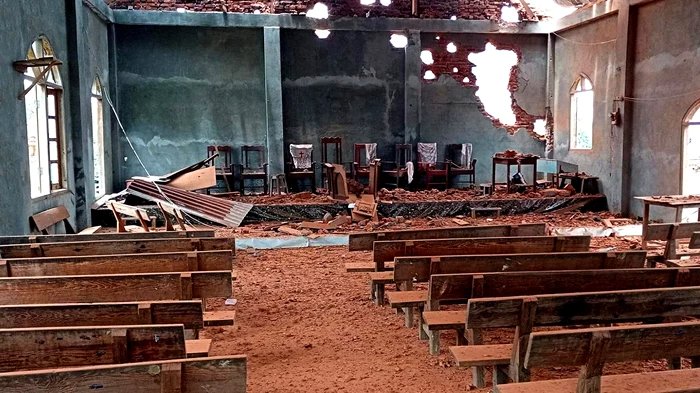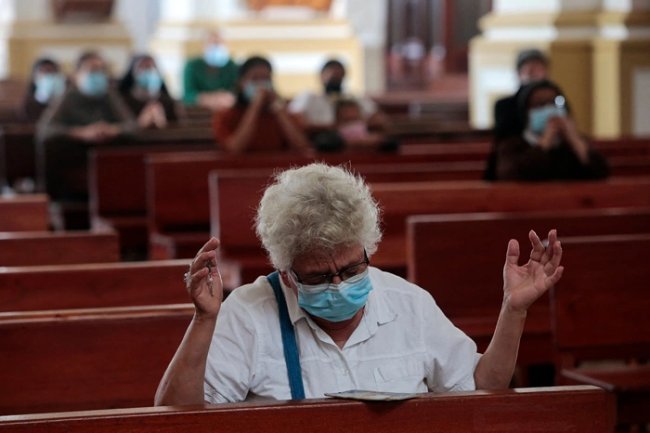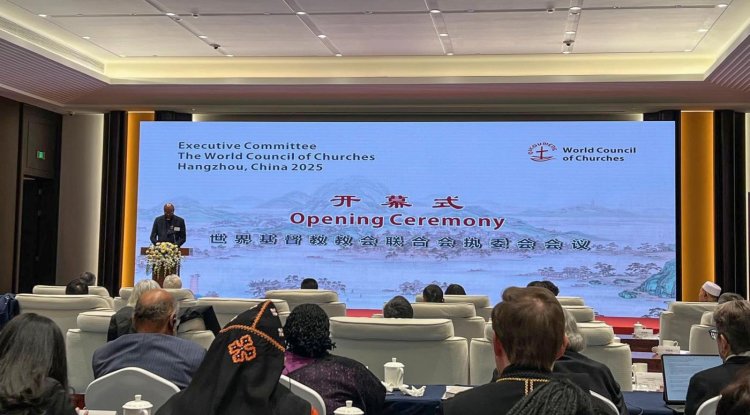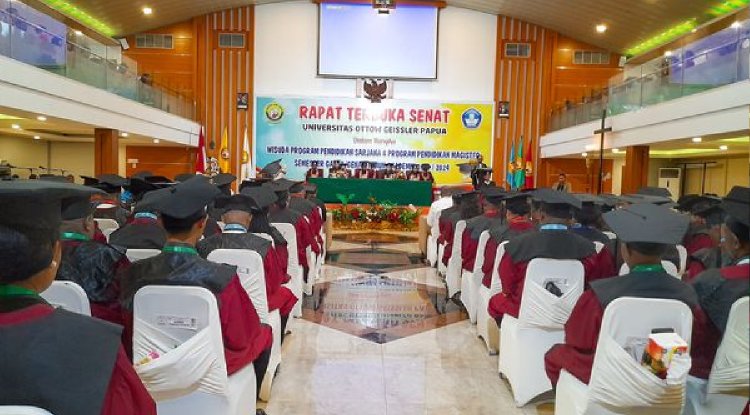MYANMAR'S MILITARY ACCUSED OF TARGETING CHURCHES IN CHIN STATE

In a recent report, Myanmar's military is alleged to be deliberately destroying churches in Chin State, raising concerns about the targeting of religious institutions in the Buddhist-majority country. The findings, documented by independent news outlet Khit Thit Media and verified by the nonprofit Myanmar Witness, reveal a disturbing pattern of damage to churches in the midst of the ongoing civil war.
Details of Attacks:
Last August, a Myanmar Air Force fighter jet reportedly dropped bombs on the village of Ramthlo in Chin State, damaging the Ramthlo Baptist Church and nearby houses. The incident, initially reported by Khit Thit Media, has been independently confirmed by Myanmar Witness using geolocation and digital data collection methods.
A January report from Myanmar Witness analyzed ten claims of physical damage to Chin churches between March and August 2023, with most incidents involving airstrikes. All incidents occurred in areas under martial law, further highlighting the impact of the conflict on religious structures.
According to the Chin Human Rights Organization, at least 107 religious buildings, including 67 churches, have been destroyed in Chin State since the military coup nearly three years ago. The destruction is not limited to Chin State, as reports indicate an increase in the targeting of Buddhist temples and churches throughout the country.
Allegations of Deliberate Targeting:
While the Myanmar Witness report did not explicitly state whether the military is intentionally targeting churches, Chin Christians and rights activists strongly believe this is the case. They argue that the government perceives churches as symbols of Christian identity, resistance sanctuaries, and havens for the displaced.
Chin Christians and ethnic minorities in Myanmar have a history of conflict with the military junta, seeking increased autonomy for their communities. The report suggests that Buddhist nationalism plays a role in the targeting of religious minorities, with a history of religious persecution against non-Buddhist groups.
International Implications:
The destruction of churches in Chin State is part of a broader conflict that erupted after the military coup in 2021. Ethnic armed groups, including the People's Defense Force, have been resisting the military junta's rule. Recent developments indicate that some ethnic armed groups are gaining control of towns, challenging the military's dominance.
International human rights organizations and scholars emphasize the impact of these attacks on the cultural and religious landscape of Chin State. The deliberate destruction of churches sends a powerful signal to civilians, suggesting that even places protected by international humanitarian laws are not safe if they support non-junta groups.
Ongoing Challenges and Resilience:
As a result of the conflict, Chin Christians are among the millions displaced by the war, residing in camps on the border of Chin State and in northeast India. Despite the destruction of churches as physical structures, believers are finding ways to gather for worship, often in private homes or even in the jungle, showcasing resilience in the face of adversity.
International observers and human rights advocates are closely monitoring the situation, calling for an end to the destruction of religious institutions and the protection of minority communities in Myanmar. The ongoing conflict and its impact on religious freedom highlight the complex interplay between ethnic tensions, religious identity, and political power in the region.
What's Your Reaction?


















